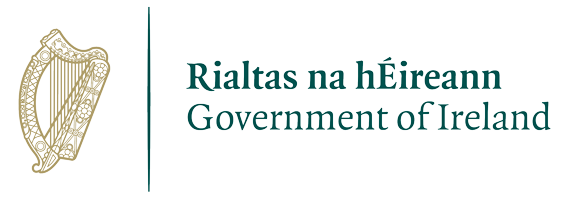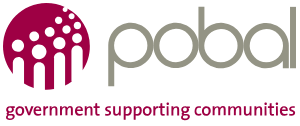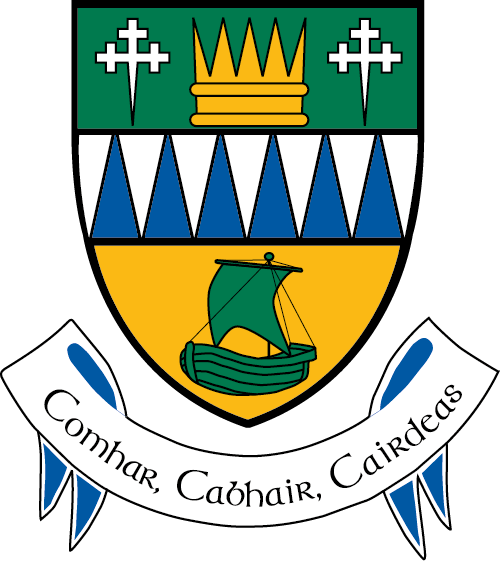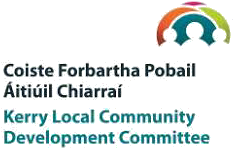Pre-school helps children:
- by supporting children as they develop the important skills they need to be independent learners;
- improve their language, communication and social skills through playing and interacting with other children and adults;
- make new friends and develop new relationships with adults;
- develop well-being skills – for example, children learn to balance on play equipment and practise fine motor skills like drawing with a pencil and cutting with scissors, eat with others and self-care skills;
- develop exploring and thinking, problem-solving and creative thinking skills;
- develop identity and belonging, responsibility, independence, confidence and self-worth through doing things like looking after their own belongings and spending time away from home;
- get ready for the transition to school.
What happens at pre-school?
The Early Childhood Care and Education (ECCE) Programme offers both indoor and outdoor learning experiences, as well as opportunities for solo play and group play.
Indoor learning experiences often include:
- painting, drawing and writing
- playdough play and sensory activities
- puzzles and games
- construction – for example, with blocks or Lego
- books
- home corners with play kitchens and dressing up
Outdoor learning experiences often include:
- play in the natural environment
- constructing with others
- sand and water play
- pretend play
- climbing, running and jumping
Group learning experiences often include:
- stories
- songs
- circle time
- music and movement
Over 10 % of pre-schools in Ireland are Irish language pre-schools.
The naíonra is an early-immersion setting for children aged 3-5 years, supervised by an early-years teacher. Children of this age learn through play and this is done through the Irish language in a naíonra setting. A booklet for parents on what to expect in the naíonra is available here.





